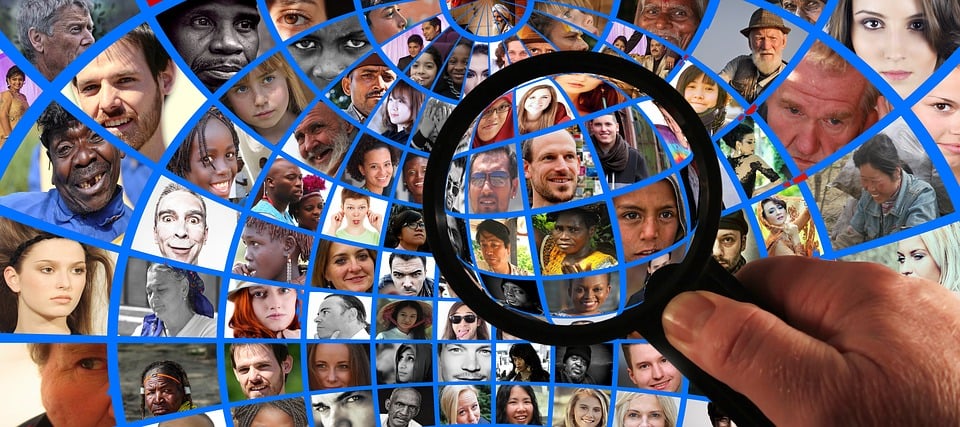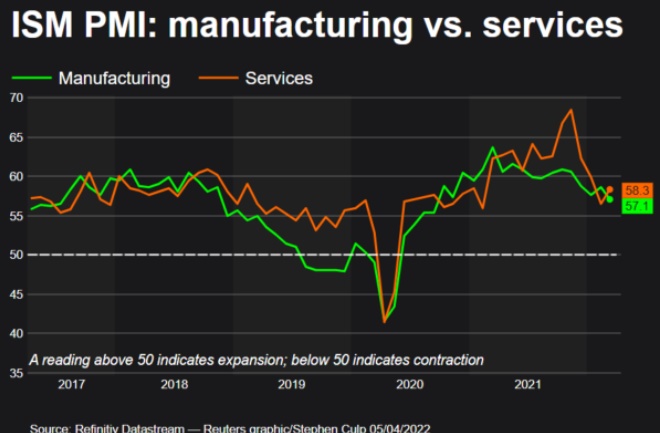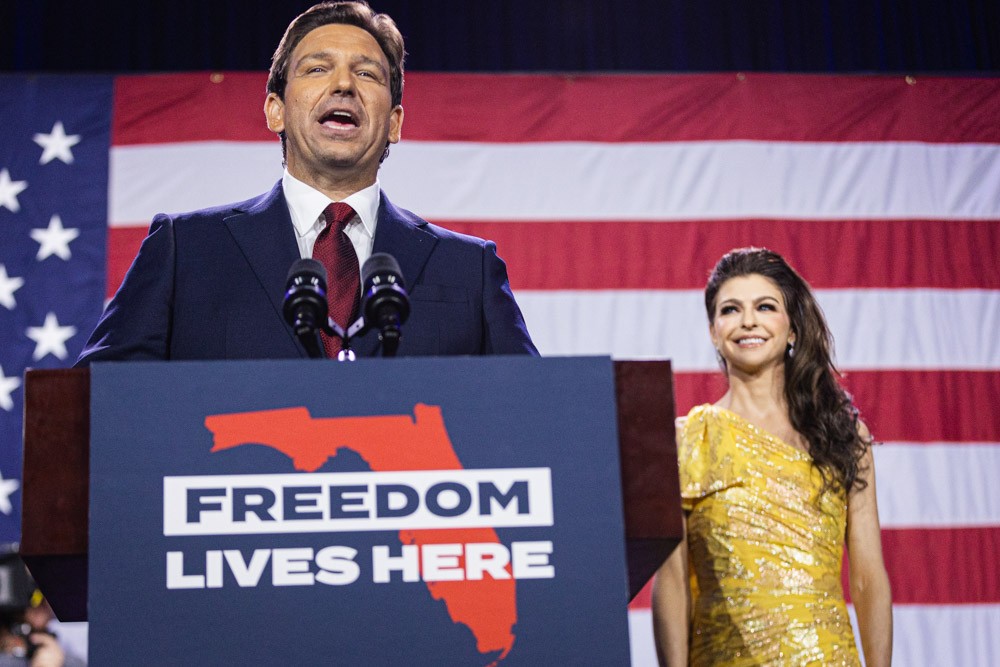In the wake of the COVID-19 pandemic, the Centers for Disease Control and Prevention (CDC) has taken a controversial step by purchasing access to at least 55 million Americans’ phone location data to monitor compliance with lockdown measures. While this may seem necessary in the fight against the virus, it raises serious concerns about privacy and civil liberties.
Privacy is a fundamental human right that is essential to our autonomy and freedom. In an increasingly connected and data-driven world, protecting personal privacy has become more important than ever. With the widespread use of technology, data is constantly being collected, analyzed, and shared, often without our knowledge or consent. This has raised concerns about the impact on personal privacy and civil liberties, particularly in the context of public health emergencies such as the COVID-19 pandemic.
In this article, we’ll explore the importance of privacy and why it is crucial to protect personal data, particularly in the face of measures taken to combat the pandemic. We’ll focus specifically on the controversial use of phone location data by the Centers for Disease Control and Prevention (CDC) to monitor lockdown compliance and examine the potential implications for personal privacy and civil liberties.
The CDC’s Purchase of Phone Location Data
Reports have emerged that the CDC has obtained data from a company called X-Mode, which tracks users’ phone locations. The data covers a period from November 2020 to February 2021 and includes the movements of millions of Americans.
This sneaky move by the CDC has been condemned by privacy advocates who argue it is a clear violation of privacy rights. Individuals have the right to know how their personal data is being collected and used, and collecting phone location data without consent is simply unacceptable.
Privacy Concerns
Using phone location data to monitor lockdown compliance is raising serious privacy concerns. The collection and use of such data can lead to the surveillance and profiling of individuals based on their movements and activities. This could have far-reaching implications beyond the pandemic, such as for law enforcement or marketing purposes.
Moreover, the CDC’s purchase of phone location data is concerning because it was done without individuals’ knowledge or consent. The use of such data could be a clear violation of civil liberties, and it is important that individuals have the right to opt out of such data collection.
Possible Alternatives
While tracking compliance with lockdown measures is important, it is also important to consider alternative methods that do not compromise personal privacy. For example, the use of self-reporting systems or anonymous surveys could provide similar information without compromising personal privacy.
Another alternative is the use of proximity tracing technology, which would allow for tracking potential COVID-19 exposure without identifying specific individuals or collecting their personal data. This approach could help strike a balance between public health and personal privacy.
Conclusion
In conclusion, the CDC’s use of phone location data to monitor lockdown compliance is a sneaky move that raises serious privacy concerns. It is important to consider alternative methods of tracking compliance that do not violate personal privacy, to ensure that we can combat the pandemic without compromising fundamental rights and freedoms.
As we continue to navigate the pandemic, it is crucial that we prioritize personal privacy and civil liberties, and that we do not sacrifice them in the name of public health. The use of phone location data without consent is simply unacceptable, and we must work together to find alternative solutions that protect personal privacy while allowing us to combat the virus.





